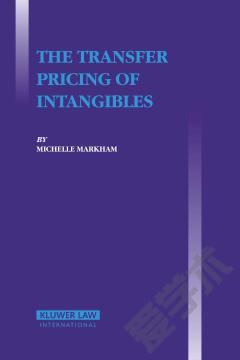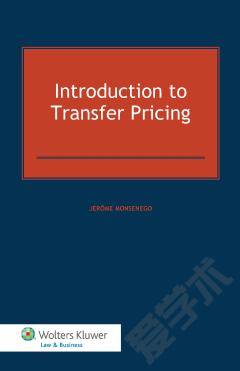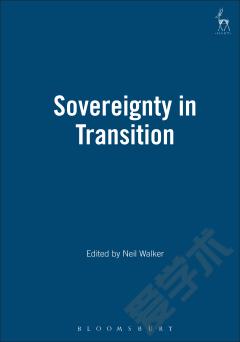The Transfer Pricing of Intangibles
Transactions involving intellectual property play an increasingly significant role in economic activity at every level from global to local, with particular challenges for taxation and revenue authorities. Moreover, the manifold complexities associated with identifying, valuing and transferring intangibles make this an issue requiring a creative review of existing transfer pricing methodologies and techniques. In this ground-breaking new study, Michelle Markham offers an in-depth examination of attitudes at the forefront of this rapidly evolving area of taxation law, focusing her work on a comparative analysis of the US, OECD, and Australian perspectives on the transfer pricing of intangible assets. The Transfer Pricing of Intangibles not only highlights the current problems encountered in inter-affiliate transactions of intangible property, but also attempts to offer a variety of solutions to these problems. Among the issues explored are the following: how the tax treatment of intangible in the context of transfer pricing has become a major international tax concern; definitional issues which are vital to an understanding of transfer pricing; application of the arm's length principle to intangible asset transactions; determination of legal and economic ownership of group intangible assets; intangible asset valuation and transfer; transfer pricing methodologies; global formulary apportionment; transfer pricing documentation requirements; penalties for non-compliance; resolution of transfer pricing disputes; and, advance pricing agreements Revenue authorities, multinational enterprise executives, and tax practitioners around the world will greatly appreciate the recommendations and solutions proposed in this knowledgeable and thoughtful book. Its acute sense of the opportunities and pitfalls of an ever-more-complex area of economic activity place it in a category of its own, of inestimable benefit to interested parties.
{{comment.content}}








 京公网安备 11010802027623号
京公网安备 11010802027623号